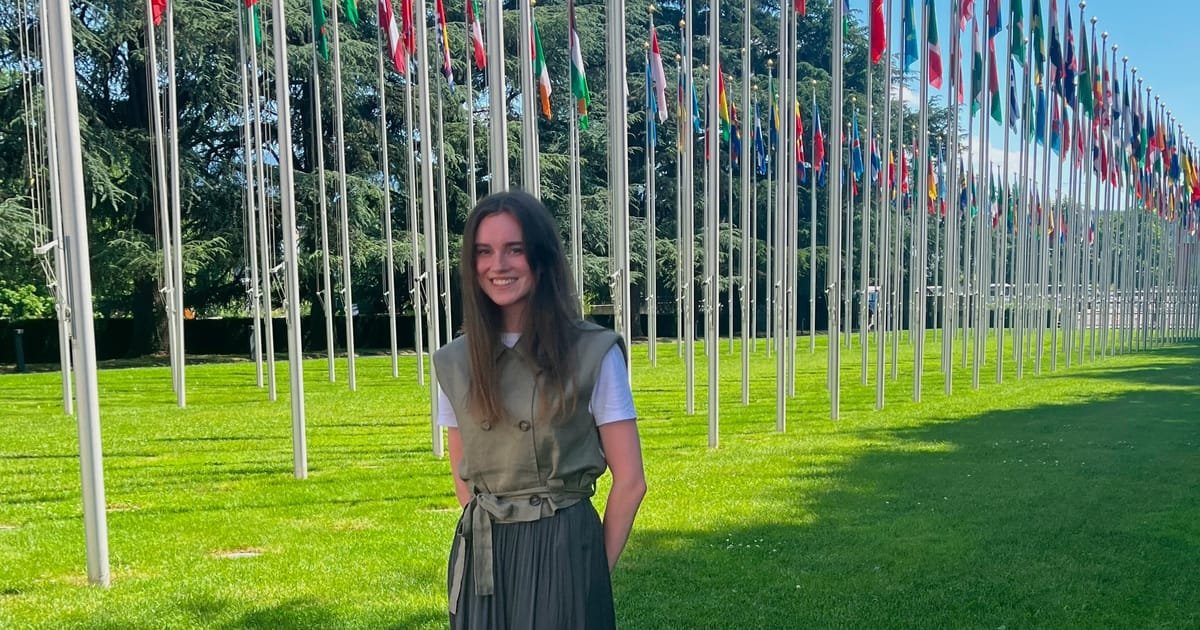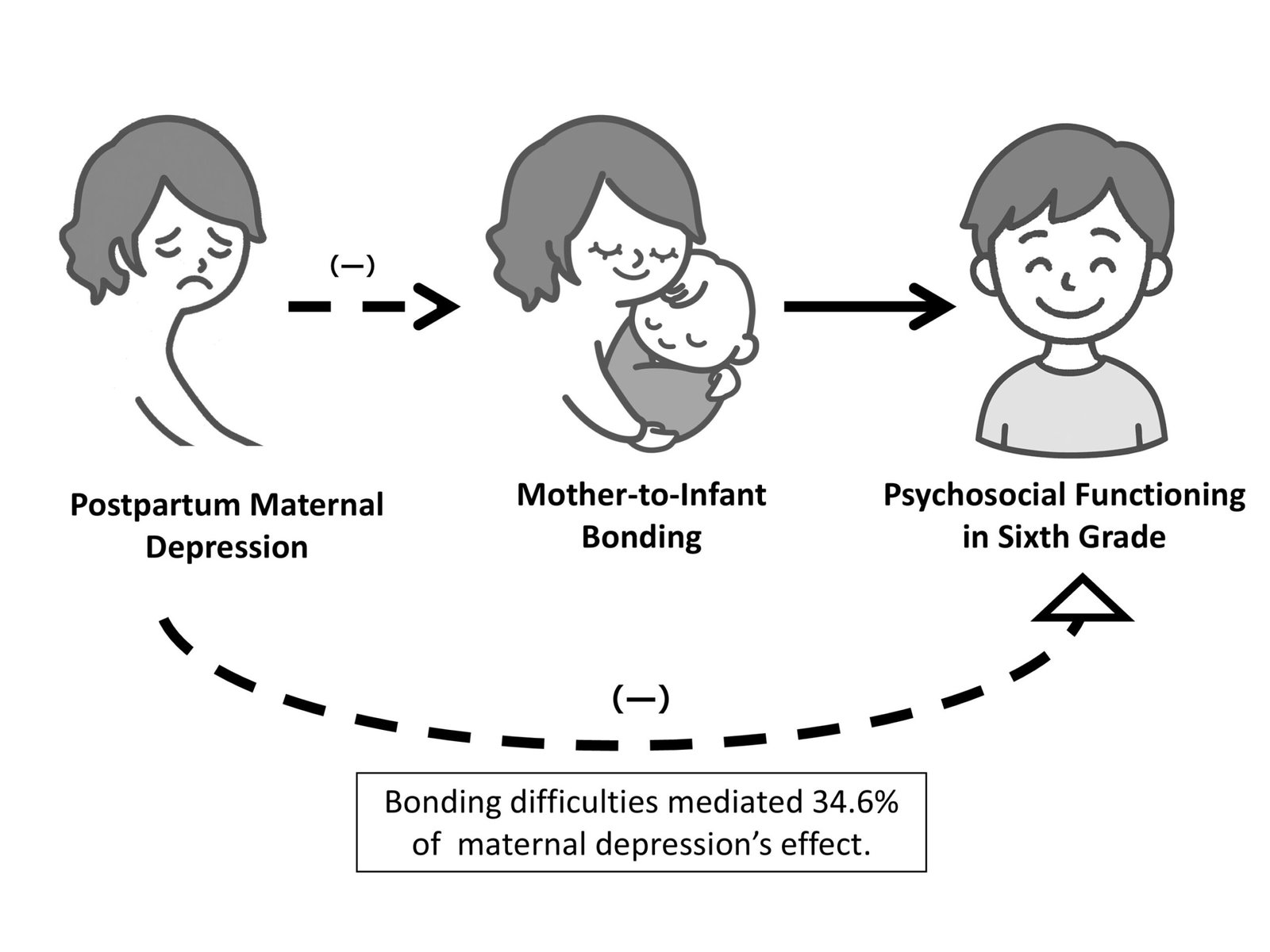Czech UN Youth Delegate Veronika Novotná emphasizes the urgent need for a global resolution addressing youth mental health. With rising rates of depression, loneliness, and suicide among young people, the situation is critical. In 2021, suicide was the third leading cause of death for individuals aged 15 to 29, prompting calls for increased prioritization of mental health by the United Nations and world leaders.
Novotná co-authored the Global Youth Call to Action on Mental Health, a document aimed at highlighting five key demands to improve mental health policies globally. She states, “Mental health and overall well-being are extremely complex issues that affect every aspect of our lives. Our living conditions and environments significantly influence our mental health.”
Despite a growing recognition of mental health’s importance, it remains underfunded, with only 2% of global health spending directed toward mental health. Given that mental health conditions are among the leading causes of disability and disease worldwide, Novotná argues that neglecting this issue costs society valuable human potential.
The Global Youth Call to Action outlines five essential demands: 1. **Mental Health Education**: Implement educational programs that teach young people and educators about mental health awareness and early intervention. 2. **Increased Investment in Mental Healthcare**: Advocate for greater funding to enhance mental health services and resources. 3. **Addressing Mental Health in Conflict Zones**: Focus on mental health support in areas affected by violence and instability. 4. **Responding to Climate-Related Distress**: Recognize the mental health impacts of climate change and develop strategies to address them. 5. **Managing Mental Health in Digital Spaces**: Establish guidelines for protecting mental health in increasingly digital environments.
These demands aim to be inclusive, particularly for marginalized and vulnerable communities. Novotná stresses the interconnectedness of global issues, stating, “We must work together to reduce inequalities between regions.”
Currently, there is no specific UN resolution focused on youth mental health, which Novotná identifies as a significant gap. She expresses hope that this initiative will generate broader discussions and inspire UN agencies to prioritize mental health in their agendas.
The decision-making process behind the five points involved refining numerous ideas into structured categories that could be effectively communicated. The fifth category, titled ‘No One Left Behind,’ specifically addresses the needs of marginalized groups. Novotná explains the complexity of addressing mental health at a transnational level, citing cultural stigma and varying domestic policies as significant challenges.
Critics may argue that mental health should not take precedence over basic necessities like food and water in conflict zones. However, Novotná counters that social determinants, such as poverty and inadequate housing, directly affect mental health. The trauma experienced by young people in these regions has long-lasting effects on their emotional well-being and community health.
She advocates for a dual approach where immediate needs are met alongside mental health support. For example, UNICEF has successfully aided millions of children in conflict areas, and Novotná suggests that access to green spaces and mental health workshops in schools can significantly alleviate mental health challenges.
The UN can facilitate cooperation by providing frameworks that countries can adopt in their policy-making processes. Novotná stresses the importance of treating mental health as part of the broader healthcare agenda, asserting that it should hold equal weight to physical health.
Climate anxiety is another urgent concern. Novotná outlines three steps for addressing this issue: recognizing climate anxiety as a natural response, involving young people in decision-making processes, and providing quality education on climate change.
The Global Youth Call to Action has garnered support from over 40 UN youth delegates and has been endorsed by public figures, including the Duchess of Luxembourg. This initiative aims to raise awareness and urge global leaders to prioritize mental health in all policy and funding decisions, marking an essential step toward addressing a growing global crisis.



